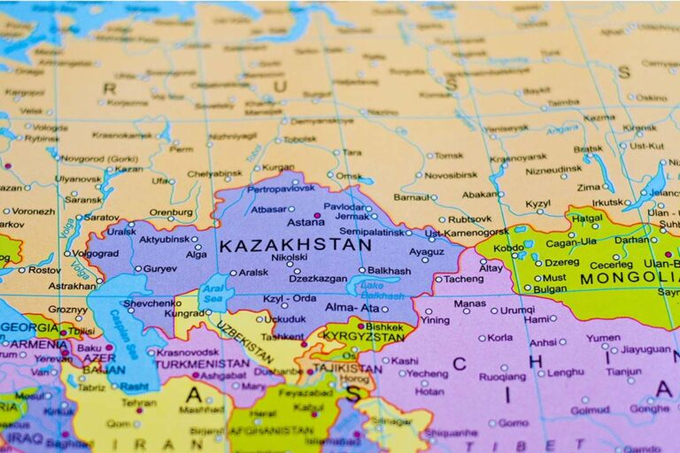November 26, 2025 | 23:59 GMT +7
November 26, 2025 | 23:59 GMT +7
Hotline: 0913.378.918
November 26, 2025 | 23:59 GMT +7
Hotline: 0913.378.918

"China is very promising for Kazakh businesses, though it is difficult to compete in this market," says Kairat Maishev, president of the Kazakh union of egg manufacturers. Photo: Canva
In the long run, the move is expected to boost Kazakh poultry production, though, in the short term, the country is braced for a possible shortage in the domestic market owing to continuing turbulence in neighbouring Russia.
Kazakhstan has already entered into negotiations with China about the veterinary requirements farmers must comply with to begin exporting poultry products.
“China is very promising for Kazakh businesses, though it is difficult to compete in this market. For Kazakhstan, this [opening of the Chinese market] means creating new jobs and increasing production volume. This is a good development. But we need to take this seriously and work out all the details,” commented Kairat Maishev, president of the Kazakh union of egg manufacturers.
Ruslan Sharipov, the president of the Kazakh Union of Poultry Manufacturers, however, warned against being too upbeat about export prospects. He stressed that it would take time to negotiate all technical details with China.
In the short term, Kazakh customers must be ready for a temporary shortage of poultry products, Arman Shakaliev, Kazakh Trade and Integration minister said during a press conference last month January. The country imports 13% of poultry from Russia, where the broiler meat and eggs market has been in turbulence for the past few months, and occasionally, some products have disappeared from grocery shelves.
“Of course, everyone knows that our northern neighbour experiences certain difficulties. Basically, the prerequisites [for the shortage] are related to the fact that poultry meat comes from Russia,” Shakaliev stated.
Besides, Russian authorities have previously banned the transit of US poultry through its territory, citing bird flu fears. The step could also impact the Kazakh market, where US broiler meat meets a substantial share of the demand.
On the other hand, the Kazakh poultry producers in the previous years urged the authorities to restrict imports to give them a chance to scale up operations. “Our meat producers have been asking [the government] to close the market to imports for several years now. They say they are ready to replace it. That is, we do not see any physical prerequisites [for the shortage]. Our farmers insist they are ready to substitute this volume,” the Minister noted.
(PW)

(VAN) A new study reveals how the simultaneous effects of ocean acidification, salinity and loss of oxygen are making the world more fragile.

(VAN) Hopes are growing that the creation of the first 3D turkey gut model could be a turning point in the battle against the virulent blackhead disease.

(VAN) Tyson, America’s biggest meat supplier, plans to shutter one of its largest beef processing plants as the industry continues to struggle with low cattle supplies and political pressure from Washington.

(VAN) New FAO study shows how digital solutions are empowering farmers and fishers to prevent losses and build resilient agrifood systems.

(VAN) Brazil's COP30 presidency pushed through a compromise climate deal on Saturday that would boost finance for poor nations coping with global warming but that omitted any mention of the fossil fuels driving it.

(VAN) Poultry farmers in the UK have been warned that they could face one of the worst winters yet for bird flu.

(VAN) Prices of main-crop paddy have risen sharply, with jasmine rice hitting 16,100 baht per tonne — the highest level in years.